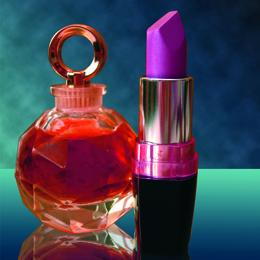- posted: Jan. 06, 2014
Not long ago a patient asked me for help with a skin care product that she normally obtained here, but had purchased on-line when we were out of stock. She was having difficulty with the dispenser and was frustrated and asked me to to see if I could get a replacement for her from the manufacturer. Well, it turned out that the product was counterfeit and that was why the packaging was inferior. The problem, however, extends well beyond packaging. The problem, of course, is that you don't have any idea what is in the package. I would strongly advise that before you buy any cosmetics, skin care products, or fragrances, for that matter, on the internet, that you check with the manufacturer to make sure that the seller is an authorized dealer. The FBI has issued warnings because dangerous ingredients have been harming consumers.
Please know that the skin care brands we carry: NeoCutis®, Meg 21 from Dynamis®, and Revision® (with the exception of Teamine) are never available legitimately from internet sources. If you find these online they may be expired, or counterfeit, or obtained illegally and there is no way of knowing which. Jane Iredale Skin Care Makeup does allow internet sales of its products but closely monitors these sellers.
Here's an article about the subject:








